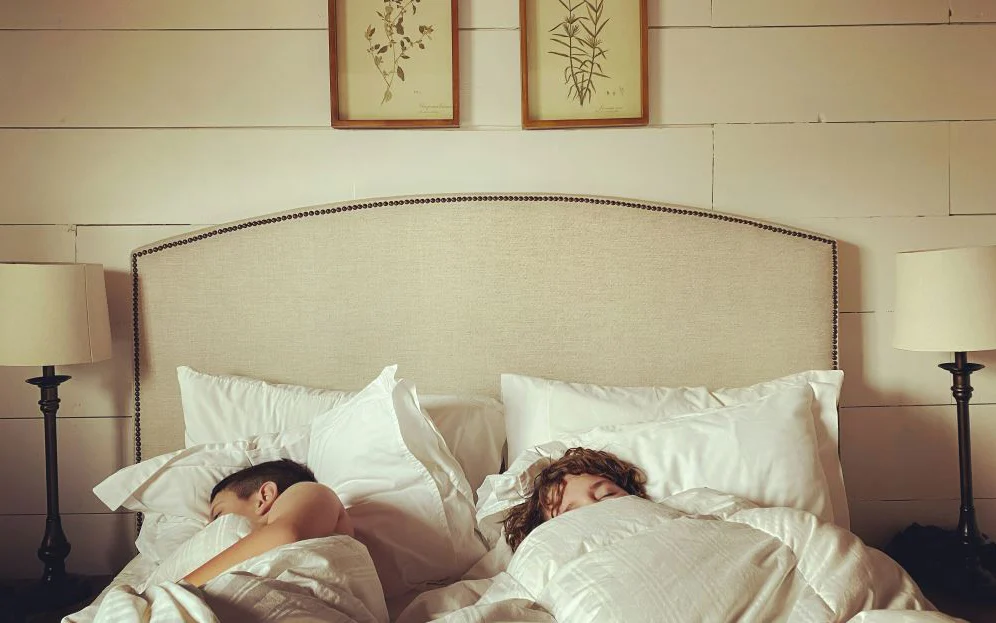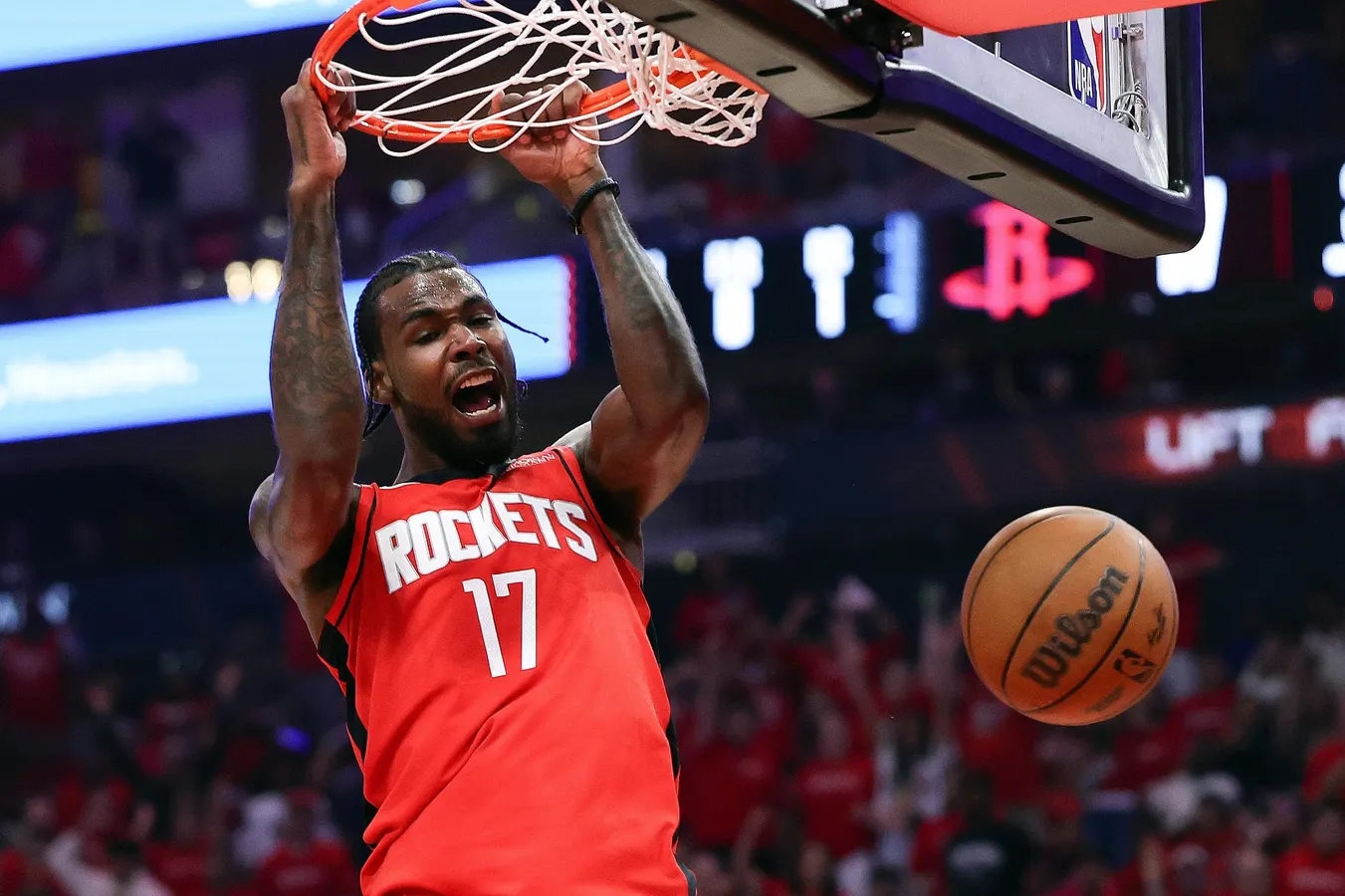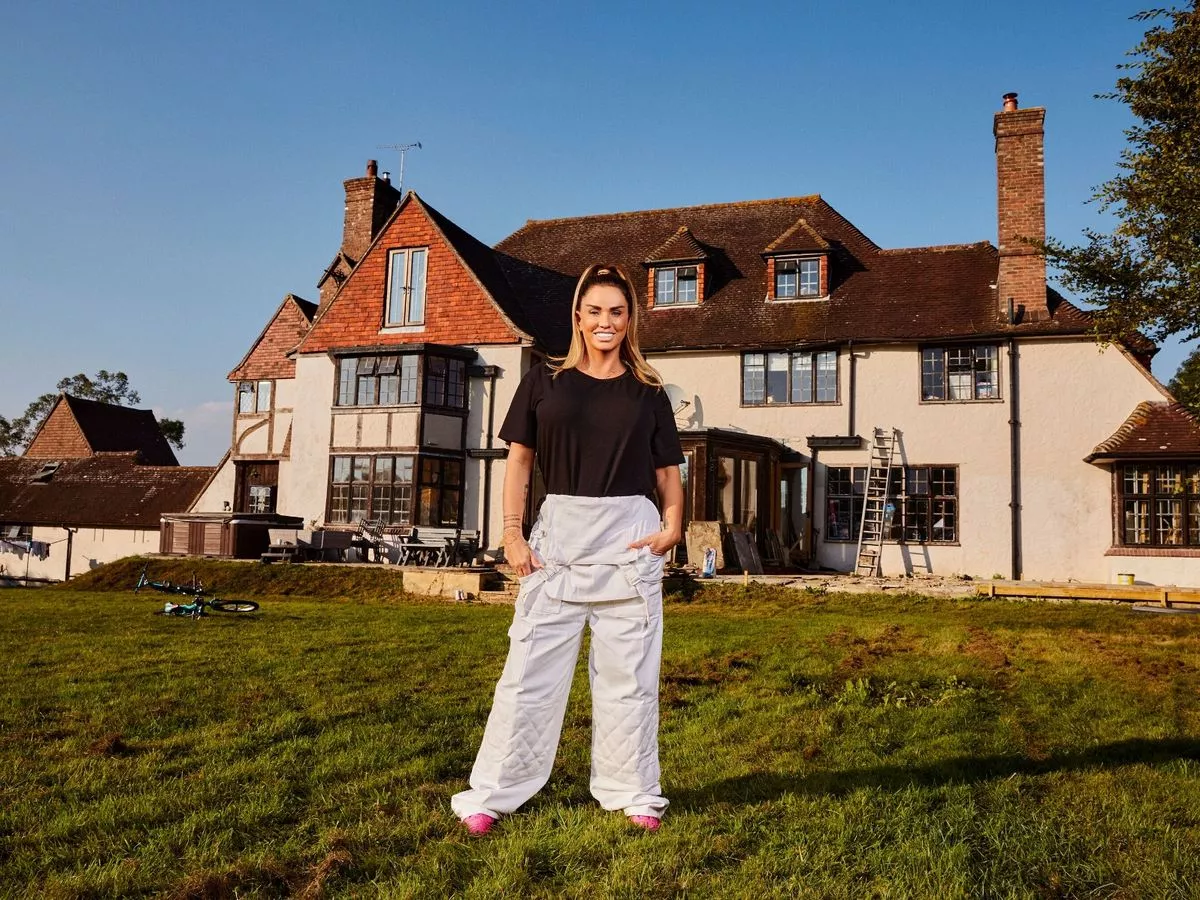Copyright standard

You may have heard that cheese will give you nightmares but a cup of warm milk before bed will help you nod off. So does what we eat actually affect how well we sleep? A new study suggests it might. Researchers found that eating a handful of walnuts (about 40g) a day improved not just sleep quality but also reduced daytime sleepiness in a group of healthy young adults. The scientists suggest that walnuts’ distinctive mix of nutrients linked to sleep – including tryptophan (the amino acid that helps the body produce melatonin), small amounts of melatonin itself, plus magnesium and B vitamins – could explain their observed benefits for sleep quality. While the findings are promising, scientists say more research is needed to confirm exactly how walnuts exert their effect. Maria Izquierdo-Pulido, lead researcher of the randomised controlled trial from the University of Barcelona, said: “With just one in five of Britons getting a full eight hours or more of sleep a night, our results open the door to future research in other age groups and in people with sleep disorders.” So what other foods might help us get a better night’s rest – and which ones should we avoid before bed? Let’s take a look. Gut-health expert and dietician Dr Emily Leeming says there is good research to suggest eating kiwis can help with sleep. A 2011 study in adults with self-reported sleep problems found that eating two kiwis an hour before bed for four weeks improved both the length and quality of sleep. Participants fell asleep faster, woke less during the night, and spent more time actually asleep. More recent research supports these findings. A 2023 study published in Nutrients demonstrated that elite athletes who ate two kiwis an hour before bed for four weeks experienced significant improvements in sleep quality and recovery, including reduced stress and better sleep efficiency. Another 2023 study published in Frontiers in Nutrition found that both fresh and dried kiwis consumed with an evening meal led to improved sleep quality and mood. It’s thought that this effect happens because kiwis are rich in serotonin, which the body converts into melatonin, the hormone that regulates the sleep-wake cycle. Kiwis also contain antioxidants such as vitamins C and E, which may reduce oxidative stress and inflammation, factors that can interfere with sleep quality. Sleep expert and author Dr Nerina Ramlakhan whose latest book is Find Your Inner Safety, says foods that contain tryptophan can help with sleep. “Tryptophan is an important amino acid that the body uses to make serotonin and melatonin. Serotonin is often called the ‘feel-good’ hormone, while melatonin is the hormone that helps regulate sleep. Melatonin is actually produced from serotonin, so if your diet includes foods that help your body make more serotonin, you’ll also have more of the building blocks to produce melatonin, which can help you fall asleep.” Turkey is one of these but also eggs, fatty fish, dairy products and also soy products such as edamame and tofu. Chamomile tea is a famous natural sleep aid and there actually is some science behind it. Researchers believe it may help you sleep because it contains apigenin, a natural compound that calms the brain by acting on GABA receptors – the same pathway your body uses to relax and fall asleep. Dr Ramlakhan says if you don’t like chamomile there are plenty of other options. “There are lots of supermarket sleepy teas available now. Valerian is good for many people; some swear by it for sleep problems, as well as passion flower teas. My personal favorite is Twinings Sleep Tea, which has passionflower and apple – it really works for me. I definitely get a deeper sleep, though I don’t use it all the time, because it’s good to take a tolerance break now and then. I’ve been wearing an Oura Ring for almost five years, and my data shows that, about 90% of the time, when I’ve had a sleep tea, my sleep is deeper.” If you investigate foods to help you sleep, TikTok will tell you tart (also called sour) cherry juice is the answer. Is it the miracle cure all the content creators say it is? Well, there is some evidence to suggest it may help. It’s one of the few foods naturally rich in melatonin, as well as tryptophan and antioxidant compounds that may reduce inflammation linked to poor sleep. In small studies, people who drank a glass of tart cherry juice twice a day slept for longer and reported better-quality rest. So it could be one to try, though more research is needed. Magnesium is another nutrient believed to aid sleep and leafy greens are a brilliant source of it. It helps relax muscles and calm the nervous system by regulating GABA, the neurotransmitter that promotes rest. Spinach, kale and Swiss chard are all rich in magnesium, as are almonds and pumpkin seeds – so adding a handful to dinner could give your body a gentle nudge towards better sleep. This is another classic bedtime hack – but does it actually work? Well milk is another food that contains tryptophan – that precursor to melatonin. But it’s more than just that. Sleep expert, James Wilson aka The Sleep Geek, says he’s a big fan of ritualistic foods before bed – the type of thing you may have had as a child like a cup of hot Ovaltine or Horlicks. “Food is a very emotional thing and I think the ones that give you a big cuddle while eating or drinking them are super important. To fall asleep you need to feel physically and emotionally secure and I think the role of food in that is massively overlooked.” Personally, I’ve always believed that if you eat pasta for dinner, you’ll sleep well. But is it an old (Italian) wives tale? “Carbohydrates can definitely help you feel sleepy,” says James. A 2021 systematic review in Nutrients found that eating a carbohydrate-rich diet can boost REM sleep, the stage linked to memory consolidation and mood regulation. Scientists think this happens because carbs trigger a rise in insulin, which helps the amino acid tryptophan enter the brain. “Some people on keto diets end up having sleep problems because they’re not getting enough carbohydrates,” says Dr Ramlakhan. Plus, again there’s that comfort element. “Try something you like,” says James. “Nostalgia and comfort can help you feel safe which helps sleep.” Aside from specific foods, it’s generally a good idea to eat a nutrient-rich diet, says Dr Federica Amati, head nutritionist at ZOE. “Diets high in fruits, vegetables, whole grains, nuts, and seeds are associated with better sleep quality, less fragmented sleep, and longer sleep duration. They provide magnesium, vitamin B6, and phytonutrients that help regulate sleep. Diets rich in fiber and low in saturated fat are also linked to improved sleep architecture and efficiency.” Read more: best supplements for sleep Experts also recommend eating dinner at least two hours before bedtime. Otherwise, your body is still digesting when it should be winding down, which can make it harder to fall asleep. “All the obvious things,” says Dr Ramlakhan. “Highly refined sugary products, cakes, chocolate, caffeinated drinks, alcohol.” James adds: “Anything too rich and heavy that’s going to be hard to digest – especially too close to bedtime. Your body needs to cool down to sleep but a heavy meal can make you overheat. Meat sweats are real!”



